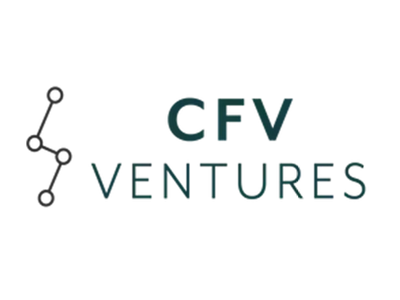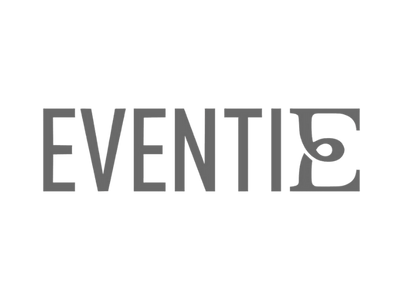
You’re paying freelancers. You’ve hired a lawyer. Maybe you paid a marketing agency or even gave out some interest to an investor.
The IRS wants to know about those payments.
Enter the 1099 series - forms that report payments you make outside of payroll.
Miss filing them? You’re looking at penalties and IRS letters you don’t want to open.
Here’s everything founders need to know about 1099s: the types, who gets them, when to file, and how to stay compliant.
The IRS uses Form 1099 to track payments you make to non-employees.
Think of it as the IRS saying:
“Hey, if you paid someone money and didn’t withhold taxes, tell us about it.”
There are different types of 1099s, and yes, startups can trigger more than one.
This is the big one for startups.
Who gets it? Freelancers, consultants, VAs, contractors, or anyone you paid $600+ and who’s not on payroll.
Examples: You hired a dev on a W-9, paid a designer, contracted marketing help.
Deadline: January 31
How to file: Collect a W-9, track payments, file 1099-NEC via IRS e-file or services like Track1099.
🔗 Learn more: 1099-NEC Filing Guide for Startups
This covers other payments that don’t fit into “compensation.”
Who gets it?
Landlords (for rent)
Prize or award recipients
Attorneys (sometimes reported here too)
When startups use it: Office rent, prizes, or certain incentive payments
Deadline: January 31
Who gets it? Anyone you paid interest to.
When startups use it: If you borrowed from an individual (not a bank) and paid them interest, you may need to send a 1099-INT.
Deadline: January 31
Who gets it? Shareholders if you distributed dividends.
When startups use it: Rare for early-stage startups, but if dividends were issued, this applies.
Deadline: January 31
Who gets it? Investors or entities involved in stock sales.
When startups use it: Usually handled by your brokerage, but founders should know it exists when issuing stock or liquidating shares.
Who gets it? Someone who received retirement distributions.
When startups use it: Not typical for early-stage startups, but relevant if you’re involved in distributions.
Who gets it? Contractors paid via PayPal, Stripe, or other third-party networks.
When startups use it: Usually the platform files it, not you, but you still need to report payments properly.
Corporations (C-Corps/S-Corps) - except law firms, which still require one
Employees – they get a W-2
Contractors paid via Upwork/Fiverr – those platforms issue their own 1099s
| Form | What It Reports | Due Date |
|---|---|---|
| 1099-NEC | Non-employee compensation | January 31 |
| 1099-MISC | Rent, awards, legal fees, etc. | January 31 |
| 1099-INT | Interest payments | January 31 |
| 1099-DIV | Dividends | January 31 |
| 1099-B | Broker transactions | January 31 |
| 1099-K | Third-party payment reports | January 31 |
Collect W-9s from contractors before paying them.
Track payments throughout the year (not in January panic mode).
Use e-file software (Track1099, Gusto, or your payroll tool).
File on time to avoid penalties.
Keep copies for at least 4 years.
1099s are just one part of the tax mess.
TaxHero AI (powered by Richie AI) makes sure you:
Never miss a 1099 filing deadline
Keep all contractor info organized
Get reminders before penalties hit
Stay compliant while focusing on building your startup
Learn more: https://taxhero.vc
| ✅ Task | 🗓 Deadline |
|---|---|
| Collect W-9s | Before paying contractors |
| Track contractor/vendor payments | Ongoing |
| File all required 1099s | January 31 |
| Keep records | 4 years |
1099s may seem small, but ignoring them can lead to IRS headaches and penalties.
Get W-9s, track payments, file on time and let tools like TaxHero AI keep it all straight for you.
With AI-powered bookkeeping and tax filing, you stay focused on what matters: building your startup.
Start Now for Free


